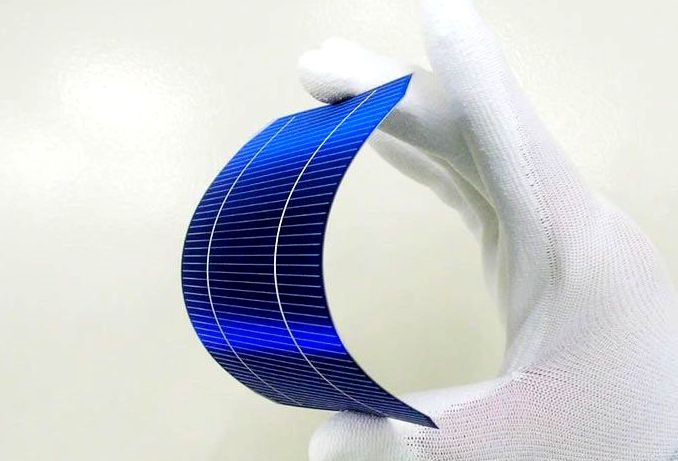
In the era of rapid development of science and technology, energy issues have always been the focus of global attention. In order to achieve sustainable development, countries are actively exploring new energy solutions. Recently, a European solar cell research and development project named "zeus" has attracted wide attention, bringing new hope for the future energy field.
As a clean and renewable energy source, solar energy has great potential. However, the current solar cell technology still has some limitations, such as efficiency to be improved, high cost, large weight and so on. To overcome these problems, European research teams have launched the zeus project to develop the next generation of nanowire solar cells.
Nanowire solar cell is a new type of solar cell based on nanotechnology, which has many unique advantages. First, the nanowires are only 200 nanometers in diameter, which gives them an amazing ability to absorb sunlight. Compared with traditional solar cells, nanowire solar cells can capture sunlight more effectively, thereby improving energy conversion efficiency. Secondly, nanowire solar cells have good radiation resistance. In the space environment, radiation is a serious problem and can negatively affect the performance of solar cells. The radiation resistance of nanowire solar cells makes them ideal for space applications such as low-Earth orbit communications satellites. In addition, nanowire solar cells also have the characteristics of high light absorption capacity and lightweight flexibility. This means they can be manufactured using lightweight, flexible materials, resulting in large, deployable photovoltaic panels, opening up more possibilities for a wide range of applications of solar energy.
The zeus project aims to develop high-performance nanowire solar cells within the next four years. To achieve this goal, the research team will employ a range of advanced technologies and methods. First, they will delve into the growth mechanisms and performance optimization methods of nanowires. By precisely controlling the diameter, length and arrangement of nanowires, the efficiency and stability of solar cells can be improved. Second, the research team will explore new materials and manufacturing processes to reduce the cost of nanowire solar cells. For example, they can use low-cost raw materials and simple manufacturing processes, such as solution method, printing method, etc., to prepare nanowire solar cells. In addition, the research team will also cooperate with experts in other fields to jointly solve the problems faced by nanowire solar cells in practical applications. For example, they will work with electronics engineers to design efficient circuits and energy storage systems to improve the output power and stability of solar cells.
In addition to technology development, the zeus project will also focus on industrial applications. The research team will cooperate with enterprises to jointly promote the industrialization process of nanowire solar cells. They will establish demonstration production lines to verify the performance and reliability of nanowire solar cells and gradually scale up production. At the same time, they will also carry out marketing and application demonstration activities to let more people understand and recognize the advantages and potential of nanowire solar cells. Through industrial application, nanowire solar cells are expected to provide an effective solution to global energy problems.
Europe's "zeus" solar cell research and development project is of strategic importance. On the one hand, it will promote the progress of solar cell technology, improve energy conversion efficiency, reduce costs, and lay the foundation for the wide application of solar energy. On the other hand, it will promote the development of Europe in the field of new energy and improve Europe's energy security and competitiveness. In addition, the project will also contribute to the global response to climate change and sustainable development.
In conclusion, Europe's "zeus" solar cell research and development project brings new hope for the future of energy. By developing the next generation of nanowire solar cells, it is expected to improve the efficiency of solar energy utilization, reduce the cost, and provide an effective solution to the global energy problem. It is believed that with the efforts of the scientific research team, nanowire solar cells will play an important role in the future energy field and open a new future of energy.

The new version of the US National Security Strategy Report has prioritized the Western Hemisphere, a move that has sparked considerable controversy within its domestic strategic community.
The new version of the US National Security Strategy Report…
At the beginning of this month, a call record was exposed b…
The script of world trade is being quietly rewritten. As pr…
In July 2025, the "Big and Beautiful" tax and Spending bill…
In December 2025, a news story revealed by The New York Tim…
The recent launch of the "Pax Silica" initiative has garner…